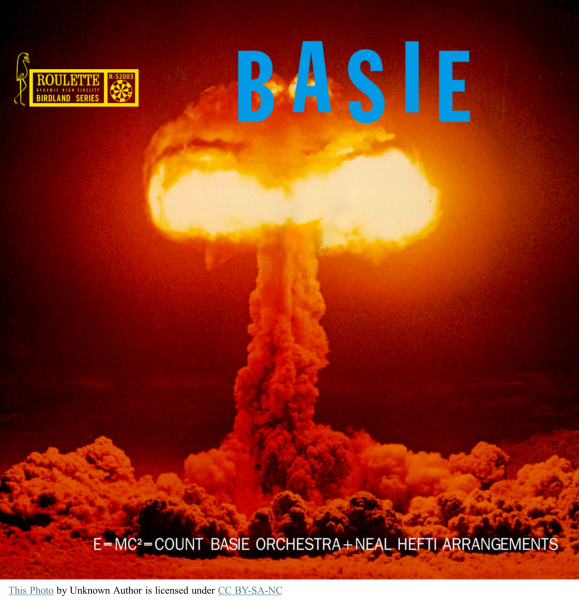Picket
Writers are being taken for granted.
June 2, 2023
I am visiting family in Culver City. A few blocks away the bull horns are out, the cameras are whirring, and history is struggling to be made. Here the spectacle of old school picketing dominates the media. Writers cluster together. They march in front of Amazon, Universal, Netflix, Disney, Sony, and other studios. Their counterparts, on the East Coast, do the same.
In our California family the strike hits home. They are committed to do whatever is takes to be make changes for now and for the future. Friends, neighbors, acquittances, all are in a time warp. The last writer’s strike was fifteen years ago and lasted one hundred days. Every member of the Guild has been told not to write. Put down your pen. Pick up a placard. The line has been drawn. You cannot cross it. Harsh rules for creative people. Late night television has gone dark. Talk shows are quiet. No SNL. Without writers, silence.
Creative folks often spend years at jobs with no spark of creativity. Most have daytime employment to pay the bills. Outlets such as self-publishing have allowed many writers to see their words in print. Stage and screen writers can bring their artistic talents to independent film, music, art festivals and online video. But these platforms require hard work with no guarantees. Picket lines are a metaphor for solidarity…they represent the need to negotiate salaries and residuals. Writer’s rooms were born almost a century ago. Back in the day when silent films went talkie a whole new career for writers was spawned. Movies require scripts with words. Writers became the backbone of entertainment. Well paid earnings offered respect and relief to these fortunate, talented writers. They could quit their two or three non-writing jobs. Time has homogenized the Guild’s progress thrusting writers backward forcing the return of the picket line. The Screen Writers Guild is now known as the Writers Guild of America and its contract with the Alliance of Motion Picture and Television Producers expired May 1st. Negotiation is the only solution. Writers are being taken for granted. Their contributions to content have been buried under corporate and celebrity expectations. A successful resolution between the W.G.A. and studios, streaming services and networks will bring stability and security to a profession in need of both.
What about artificial intelligence? Can AI eliminate a writer’s job? Possibly. It already simulates human intellectual abilities. How can this be good for writers? Like self-check-out at Walmart, do we all become unpaid employees of a bigger system? Writer’s need protection. Technology has moved in. The landscape has been altered. In 2007-2008, during the Writers Guild strike, the internet was a negotiating point, in 2023 it is artificial intelligence at the table.
Writers write. They are passionate. The rise to writer’s room status can and should be a goal for some of our young writers. We encourage their creativity and tell teenagers to find their voices and make writing a sustainable profession. Perhaps these individuals will aspire to continue as journalists, authors, poets, and screen writers, while introducing ways to ensure that natural creativity and artificial intelligence can co-exist.



















